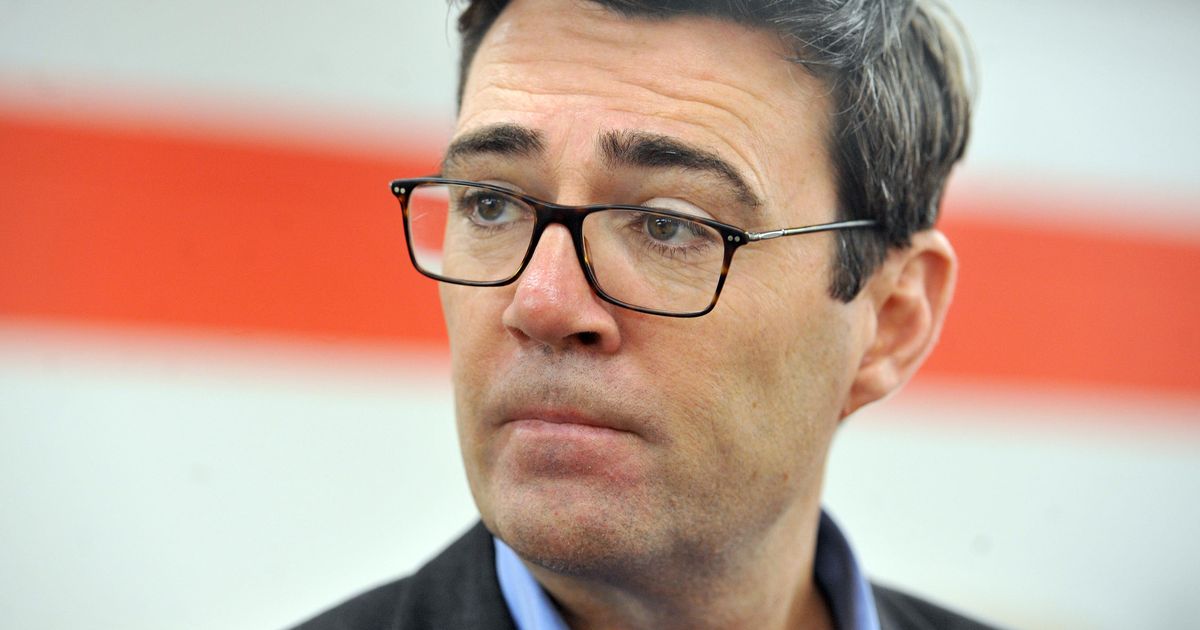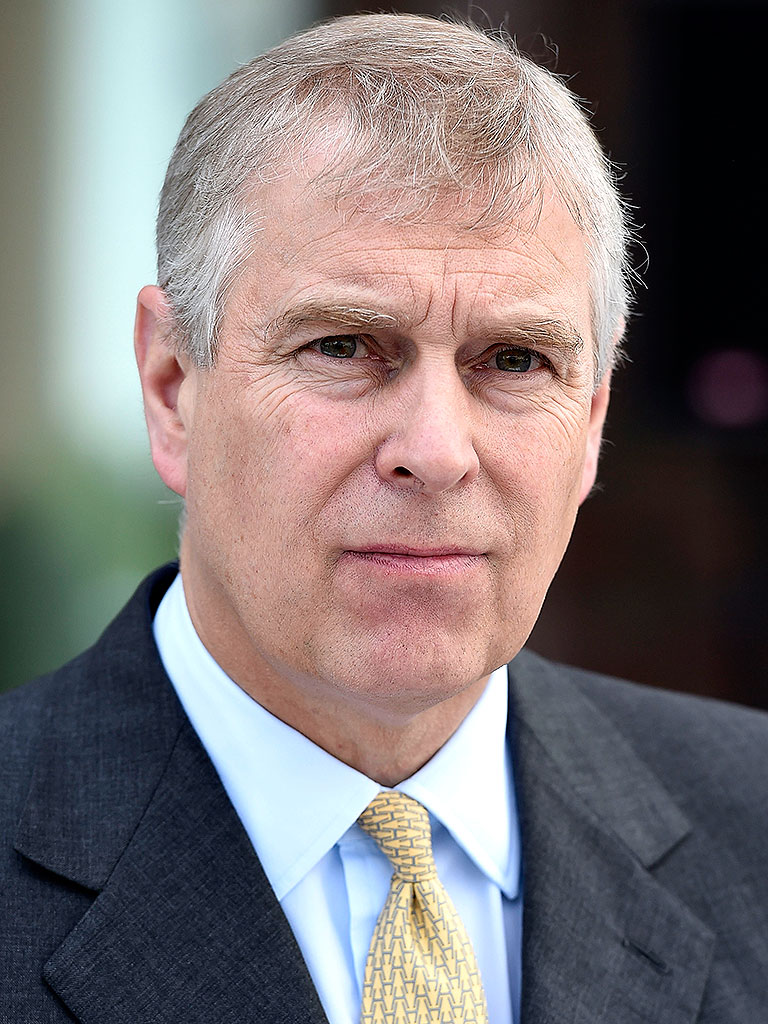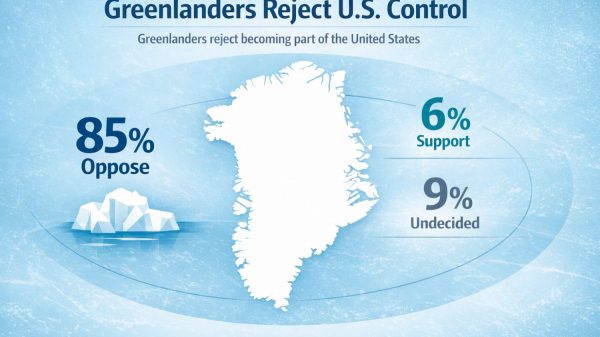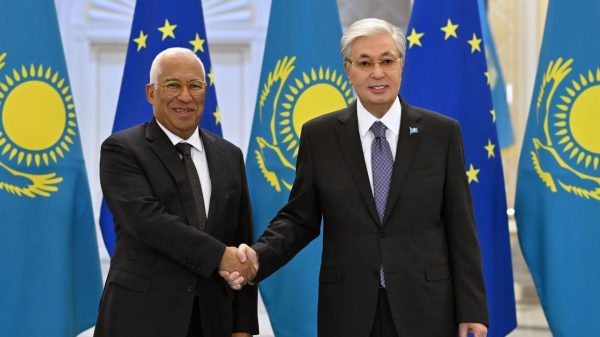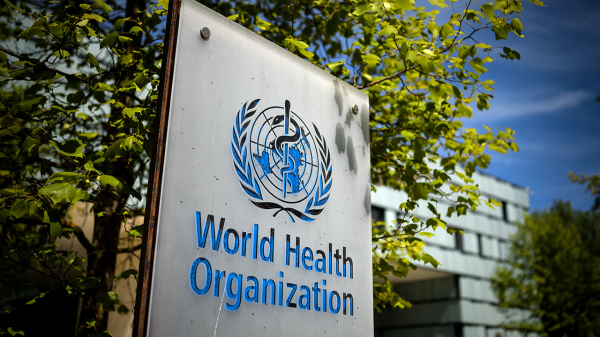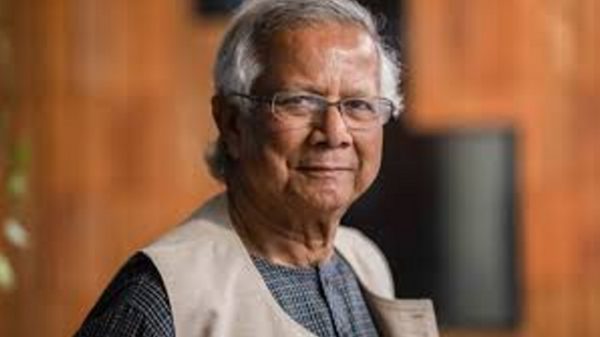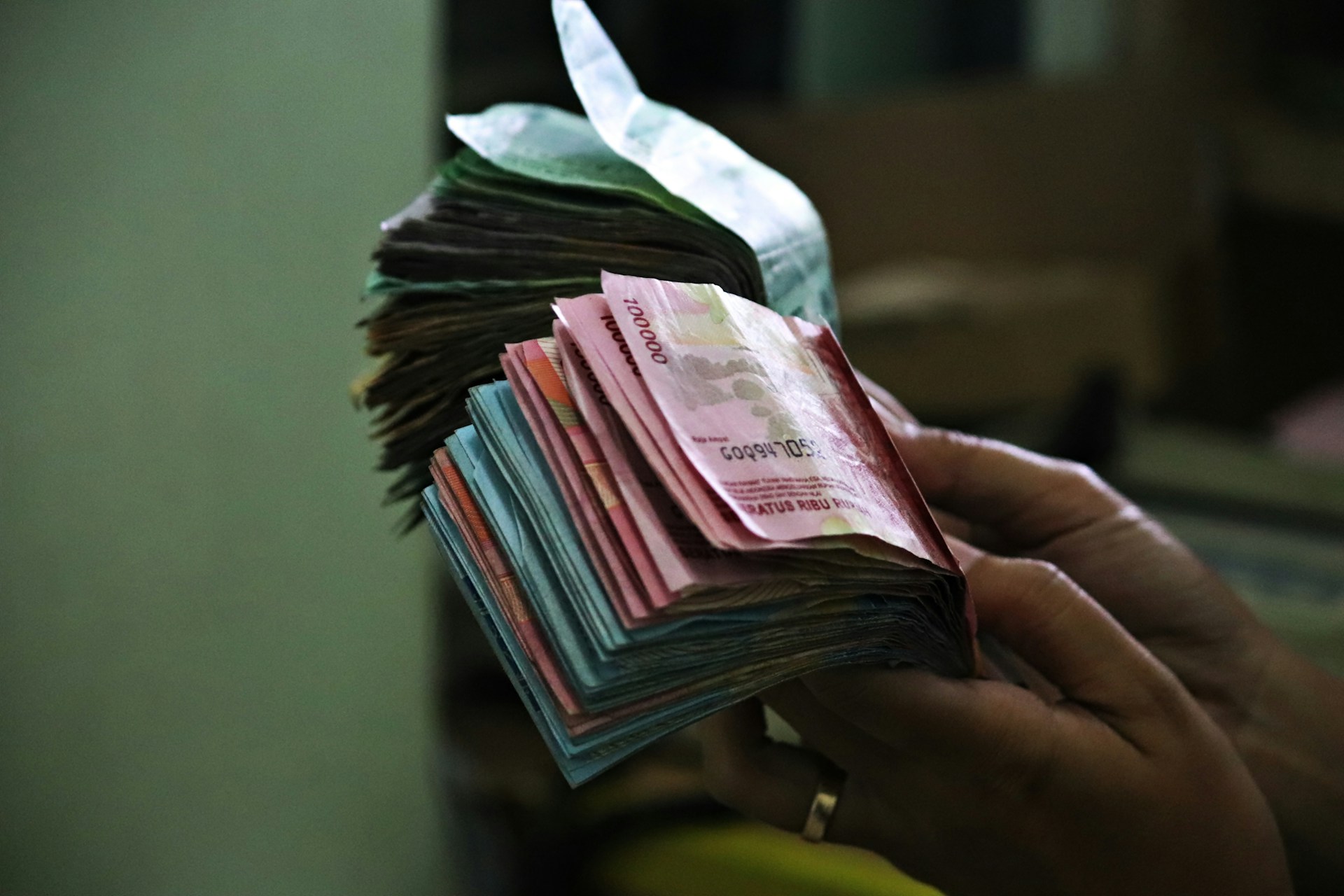While there were many reasons that brought people out onto the streets of Bangladesh a year ago, at the root of most of them were economic concerns. People felt they had been forgotten by their government, shut out of economic prosperity by the quota system and left to live on pitiful wages.
The macroeconomic context leading into the July Revolution has not been entirely smooth. The country has struggled to recover from the Covid-19 pandemic. Devastating floods in 2017 and 2024 have compounded that difficulty. The heavy reliance on the ready-made garment industry has proved increasingly unstable. Staring down a growing and global reckoning, consumers have been rejecting fast fashion and turning to the second-hand market. Combined, it has meant that Bangladesh’s economic future has been riddled with uncertainty.
The appointment of Muhammad Yunus as head of the Interim Government and Ahsan Mansur as the Governor of the Bank of Bangladesh may have initially seemed promising. However, despite Yunus being a well known figure with ties to the Clintons and other liberal elite, he had no prior political or governance experience. He has been unable to forge a good relationship with President Trump, threatening the country’s ongoing tariff negotiations. The New York Times has even characterised him as a “grandfatherly figure” who is “gambling his storied legacy” and today seems, to many commentators, unable to exert control over his government. Whilst Ahsan H Mansur, Yunus’ pick for central bank Governor had served as an IMF official for over 20 years, he was also over the age limit for his post and required a legal amendment to be installed. Between them, their role was meant to be focused on transition, but instead they have consolidated their power by implementing reforms, and have increasingly lost the goodwill of the people they claim to represent, as well as the academic circles from where they hail.
Despite this, the reforms introduced by the Interim Government have done little to reassure people, with many economists claiming alternative reforms would be more effective. The proposed merger of five banks in particular left depositors deeply concerned about the safety of their money. Other reforms unveiled as part of their three year roadmap will include amending the Bankruptcy Act and the Money Loan Court Act which will fundamentally change the way business is conducted in the country. Concerningly, many of these reforms are expected to cost the taxpayers large sums of money, despite the dire state of public finances.
They have also made asset recovery a key priority of their administration, focusing extensive resources on this issue and spending government money to make state visits which centre around this. Despite this, they have made no progress on this issue and have been forced to acknowledge it may have to settle some cases in civil court instead. More worryingly, Mansur has frequently disparaged the court system, calling for a complete overhaul led by his office, and declaring they would defy High Court orders.
What is most concerning is that Mansur, Yunus, and the Interim Government have been acting without any sort of electoral mandate. Yunus was appointed by the Army to lead a caretaker government, and in turn he has installed Mansur and other key figures without any accountability mechanisms. A year later, they have still refused to confirm dates for elections, despite global pressures and Bangladesh is left to face its uncertain economic fate.


